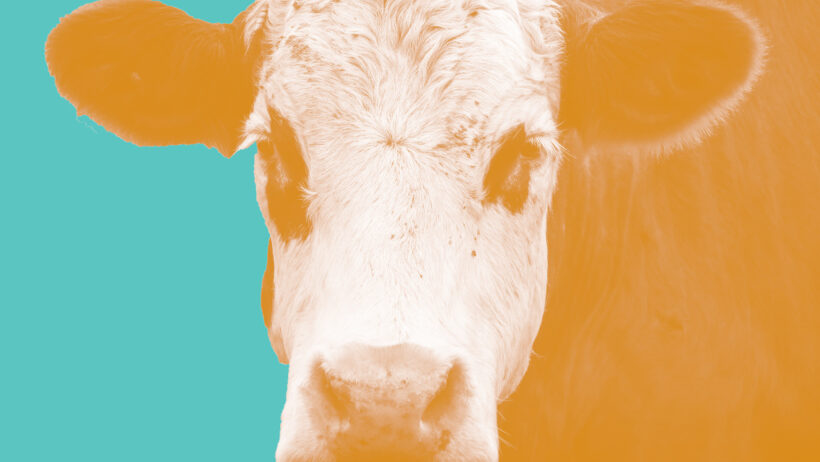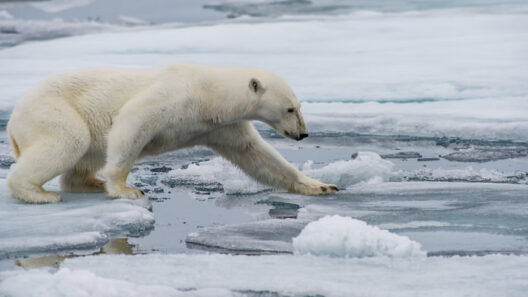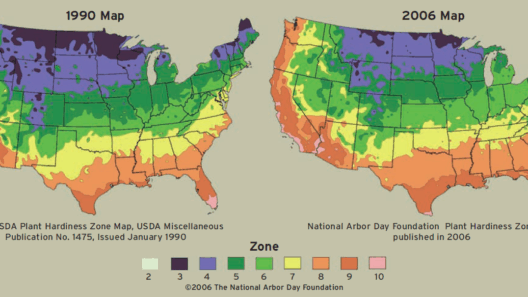As the world grapples with the distressing implications of climate change, an unlikely offender has emerged from the pasture: cows. Indeed, the gastrointestinal processes of these ruminant creatures contribute significantly to greenhouse gas emissions—namely, methane, a potent greenhouse gas that exacerbates global warming. But how did we arrive at a point where ‘cow farts and burps’ became synonymous with environmental degradation? Let’s delve deeper into this seemingly trivial yet profoundly consequential issue.
The journey begins with the biology of cattle. Cows have a unique digestive system that permits them to break down fibrous plant material through a process known as enteric fermentation. As these animals chew their cud, bacteria in their stomachs decompose food substances, which inevitably produces methane as a byproduct. This gas is expelled primarily through belching, though it can also escape in smaller volumes through flatulence. On average, a single cow can release between 70 to 120 kilograms of methane annually. To put it in perspective, methane is over 25 times more effective than carbon dioxide in trapping heat in the atmosphere over a 100-year period. This stark reality positions livestock farming as one of the leading contributors to global warming.
In the grand scheme of climate change, livestock agriculture now accounts for approximately 15% of global greenhouse gas emissions. Curiously, it is often overshadowed by fossil fuel industries, which receive the bulk of attention. However, the emissions associated with animal agriculture are manifold, affecting land use, water resources, and biodiversity. A rising global population and climbing demand for animal protein continue to exacerbate the problem, necessitating an urgent reevaluation of agricultural practices.
To comprehend how these emissions affect the climate system, it’s essential to understand the greenhouse effect. Greenhouse gases, including methane, trap heat in the atmosphere, leading to a rise in global temperatures. This increase has myriad consequences: melted ice caps, rising sea levels, altered weather patterns, and threats to the viability of ecosystems. The urgency for mitigation strategies becomes clear when one considers that the timeline for action is finite; unless significant changes are implemented, the repercussions could be irreversible.
In light of this pressing situation, innovative solutions are emerging to curb methane emissions from cattle. Researchers and environmentalists are exploring a plethora of methods aimed at reducing the ecological footprint of livestock. A prominent strategy involves dietary modifications. For instance, incorporating seaweed into cattle feed has been shown to reduce methane production by up to 80%, as certain algae inhibit the bacteria responsible for methane generation in the digestive process. This technique not only provides a sustainable nutritional source but potentially transforms the greenhouse gas impact of livestock agricultural practices.
Another innovative approach centers around improved manure management. Manure is a significant source of methane, and rethinking how we handle it can lead to substantial reductions. Techniques such as anaerobic digestion can convert waste into biogas—a renewable energy source—while simultaneously lowering methane emissions. Biogas can replace fossil fuels, thus forming a circular economy where waste becomes a valuable resource. The adoption of composting methods and more efficient storage systems also plays a role in minimizing methane output.
There is also an argument to be made for shifting dietary patterns. As consumer awareness of environmental issues increases, vegetarian and vegan diets gain traction as viable alternatives. A decrease in meat consumption would lessen the demand for livestock, subsequently reducing methane emissions. This societal shift not only contributes to individual health but enables a larger collective effort to mitigate climate change. By promoting plant-based diets, an opportunity surfaces to enact a larger cultural narrative surrounding sustainability.
However, any proposed solutions must contend with the socio-economic factors inherently tied to livestock farming. Many communities rely on cattle farming for their livelihoods, and a transition away from traditional practices can evoke resistance. Policies and programs aimed at facilitating this transition must account for the socioeconomic realities of farmers. Financial incentives for adopting sustainable practices, educational programs to promote alternative farming, and support for those facing the economic impacts of reduced livestock demands can ease these transitions. Recognizing the human element in this equation is crucial for sustainable change.
In summary, while the contributions of cow burps and farts to climate change may seem trivial on the surface, they illuminate a much larger issue: the relationship between agriculture, the environment, and our food systems. Methane emissions are a crucial component in understanding the urgency of climate action. Solutions exist, whether through innovative dietary adjustments, improved waste management techniques, or a societal shift towards more sustainable eating habits. But these solutions require collective effort, bold policies, and an open mindset to confront the complexities of global warming.
The challenge lies not just in technical fixes but in changing perceptions and prompting action. The narrative surrounding livestock emissions should not be limited to jest or trivialization; rather, it should foster an informed discussion that centers on our environmental responsibilities. As consumers, policymakers, and advocates, we hold the power to effect change. The real story surrounding cow burps and farts extends beyond humor; it serves as a clarion call to reevaluate our practices and reconsider the delicate balance between nature and our agricultural ambitions.







